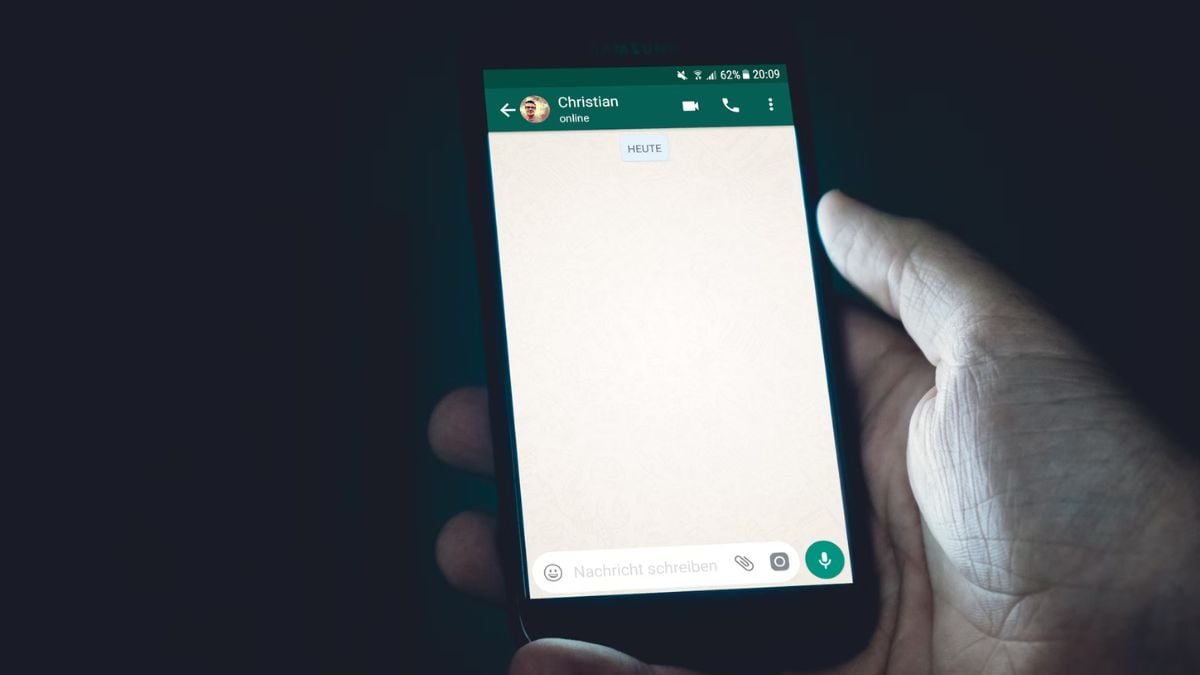WhatsApp Third Party Chats Feature to Maintain End to End Encryption But Take More Time to Release All Details

One Post In 2017, Meta highlighted the limitations and limitations on how its interoperability features plan to work with other messaging platforms, saying the company needs more time than it currently has. The tech giant said it has been building a security and privacy-focused process for interoperability for nearly two years and has consulted with the European Commission.
According to the social media company, technical challenges with interoperability are the main reasons for the delay. However, the company aims to enable personal text messaging, voice messages, as well as sharing of photos, videos, and other stored files between end users by the end of the year. Although Meta has not given any timeline. Meta says that implementing group chat and calling features remains in its plans.
To make interoperability with WhatsApp possible, third-party providers will need to sign an agreement to enable third-party chat. Throwing light on the technicalities, the post explained that WhatsApp uses the Noise Protocol framework to encrypt all data between end users and servers. As part of the protocol, third-party providers will be required to do something the company calls a ‘noise handshake’, which is to deliver the payload to the server along with the JWT token.
At the same time, Meta also said that as long as the data is in WhatsApp’s servers and in transit, it will take responsibility for E2EE, but it cannot ensure the same once the data is received by the third-party client.